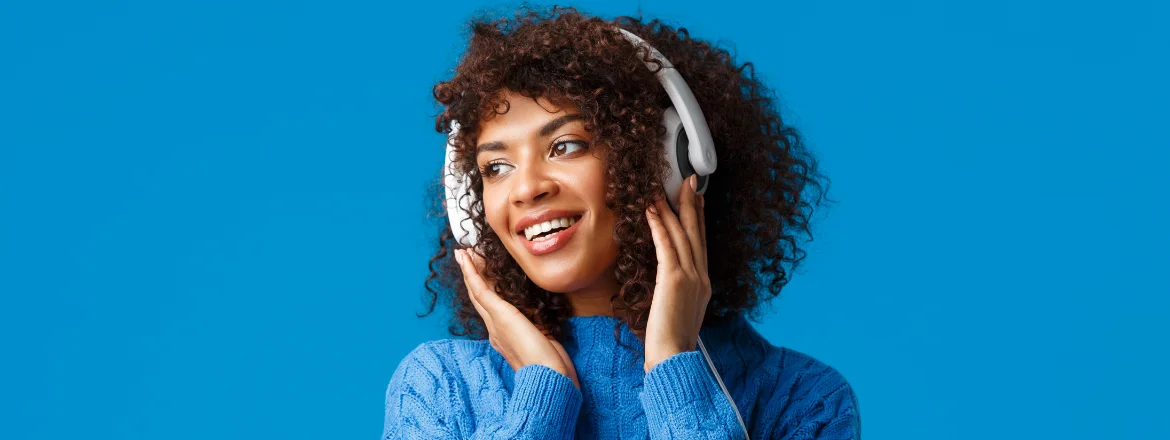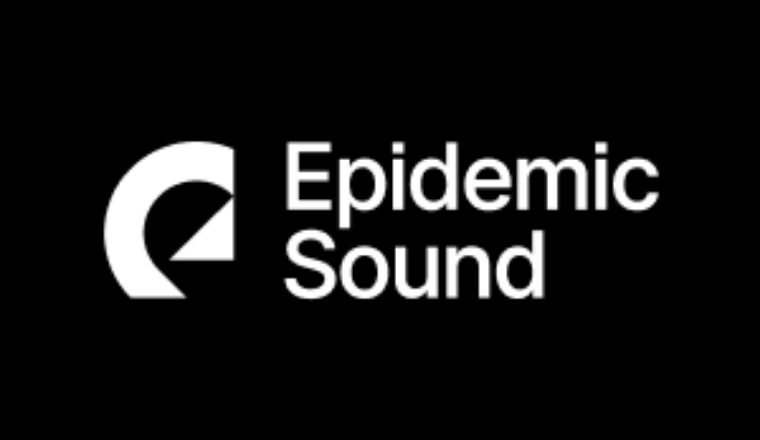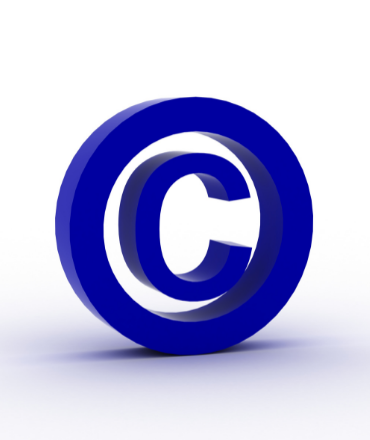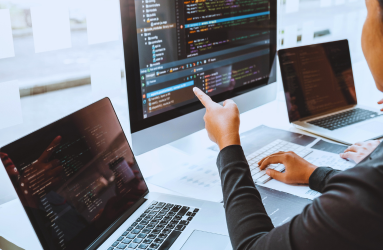Epidemic Sound: How It Affects Copyright and Intellectual Property

Table of Contents
Epidemic Sound is a Swedish company that provides royalty-free soundtracks. Co-founders Peer Åström, David Stenmarck, Oscar Höglund, and Jan Zachrisson launched the company in 2009. Since then, Epidemic Sound has grown its library to over 50,000 soundtracks.
How Does Epidemic Sound Work?
To clarify, Epidemic Sound offers royalty-free music for a subscription to its users. The music can then be used as background music in restaurants, hotels, shopping malls, and for digital content. Also, the company shares the revenue earned from subscriptions with the music creators.
Of note, creators that use Epidemic Sound retain exclusive ownership rights to their songs. Epidemic Sound pays artists and composers upfront and splits streaming revenue 50/50.
As such, Epidemic Sound is a great tool for not only businesses but equally for creators. The Epidemic Sound value proposition works because life itself wouldn't be the same without the perfect soundtrack or background music setting the tone. As such nothing stifles creativity like being cited for a copyright violation. This can result in getting your content blocked, getting a warning or strike on your account, or losing the revenue generated by the content.
What is Royalty-Free Music?
Royalty-free music is music that can be used without having to pay royalties. This music requires a once-off payment or, as in the case of Epidemic Sounds, a recurring subscription fee.
However, royalty-free music is not cost-free or copyright-free. The term just means that users don't have to pay a royalty each time they use the music. Royalty-free music simply helps users avoid the pitfalls that can result from trying to navigate complex licensing requirements.
However, with so much digital content readily available for use at the click of a button, how can you be sure to stick to the right side of copyright?
Epidemic Sound offers royalty-free music for a subscription to its users.
What Is Music Copyright?
Copyright is a type of intellectual property that gives holders the exclusive right to make copies of creative works. Notably, copyright duration varies based on the type of work covered, country, and other factors. Also, copyrights cover literary works, art, photography, paintings, and musical material.
Particularly, music copyrighting is notoriously complicated with different copyrights for different attributes. For instance, ownership and royalties can be split between multiple parties. Also, factoring in distributors and other agents makes the already complex situation even more so.
Ironically, it is the complexity that makes music copyrighting so important. This is because the copyright designates legal ownership of musical or sound recordings. Notably, this ownership includes rights to distribute and reproduce the recordings. Also, music copyrights include licensing rights that enable the holder to earn royalties.
However, music creators do not always earn royalties each time their music is played. For instance, at present American musicians do not earn royalties for radio plays. What's interesting though is that the current US copyright laws require that radio stations pay royalties to songwriters.
This is because music has two sets of copyrights, one for musical composition or the score. The other copyright is for the actual sound recording. As a result, US Congressmen Ted Deutch and Darrel Issa recently introduced a bipartisan American Music Fairness bill to rectify the situation.
Composition vs Master Recording
On the one hand, compositional copyrights cover the actual music composition, that is, note arrangement, melody, and chords. This copyright is held by songwriters, lyricists, and composers.
On the other hand, master copyrights refer to the rights pertaining to the actual sound recording. This copyright is usually held by the performing artist and or their recording label. It however is not uncommon for artists and their labels to fight over master copyrights.
For example, American rapper Lil Wayne sold his masters to Universal Music Group for $100 million after years of fighting his former label Cash Money for the right to own his masters, among other things.
However, it is important to note that the nuances of master copyrighting are quite intricate. This is because masters ownership covers things like covers, sampling, quoted lyrics, contributing artists, lyricists, or producers. As such, music copyright lawsuits can take years to settle.
The Epidemic Sounds Value Proposition
Epidemic Sounds however exist to simply, if not completely bypass, this copyright complexity. Thanks to Epidemic Sound, users can access high-quality royalty-free music without any stress or fear of violating copyright rules.
For instance, popular platforms like YouTube consider copyright violations to be a strike against users. After three strikes creators can have their accounts suspended or blocked. This is extremely frustrating especially since this error is avoidable by either obtaining permission and crediting the sound creator, or by using royalty-free music.


Who Can Use Epidemic Sounds?
Anyone can subscribe and use Epidemic Sounds. In fact, users of the library range from 100,000s of social media influencers, YouTubers, to corporations like Microsoft, Twitter, and T-Mobile.
The platform also enjoys a distinct advantage as the concept pioneer. As such, Epidemic Sounds are currently about four times bigger than its competitors. In addition, the platform recently launched an auxiliary sound effects library with over 60,000 sounds in its catalog.
Epidemic Sound and Copyrighting
As previously stated, if you illegally use copyrighted sounds or music the owner has the right to claim it. Such a claim can have light to severe consequences. For instance, the copyright holder can be given part or all of the revenue generated by the content. YouTube, for example, gives copyright holders three options when dealing with copyright violations.
- i) Blocking the content from being streamed.
- ii) The claimant can track viewer activity.
iii) The claimant can run adverts against the video thus monetizing the video.
To avoid such claims, Epidemic Sound gives its users a direct license to use an entire library of sounds. Thus, users can connect their Epidemic Sound accounts to the social media accounts and platforms they wish to publish content on. In this way, Epidemic Sound protects users from copyright claims and gives them confidence that their creative efforts will not be wasted.
At the time of writing, Epidemic Sound supported platforms like YouTube, Instagram, Facebook, Twitch, and podcasts. Epidemic Sound also owns the financial rights to all the music in its library. As such, the platform has a revenue-sharing model with creators that upload their music to the library.
Conclusion: How Epidemic Sound Affects Copyright and Intellectual Property
Epidemic Sound not only allows its users to access a vast library of music and sounds. In addition, the platform gives users direct licensing to the sounds they use. As such, Epidemic Sound users are completely covered from any and all copyright claims.
In addition, the platform helps budding creative to not only monetize their work but also protect it from illegal use. As such, Epidemic Sound is helping to simplify the otherwise complex music copyright and intellectual property scene.
To learn more about copyrighting and how it can affect you as a creator or user, drop us a line at [email protected] and we would be happy to assist you.






